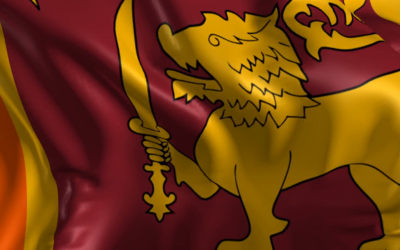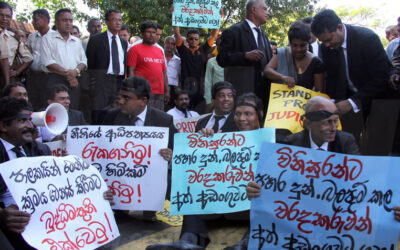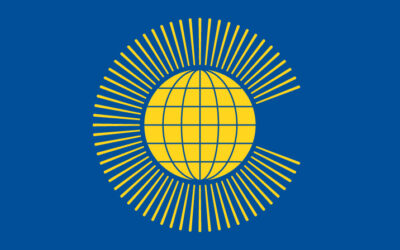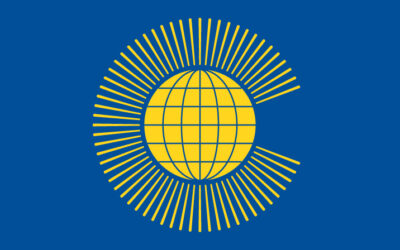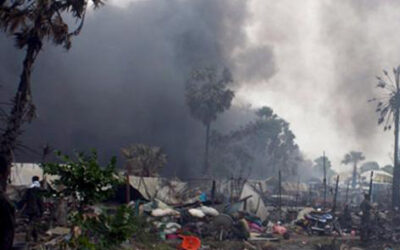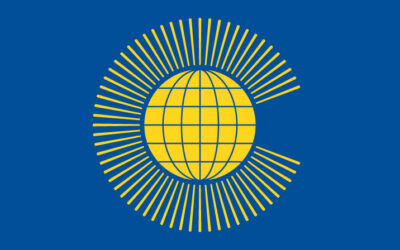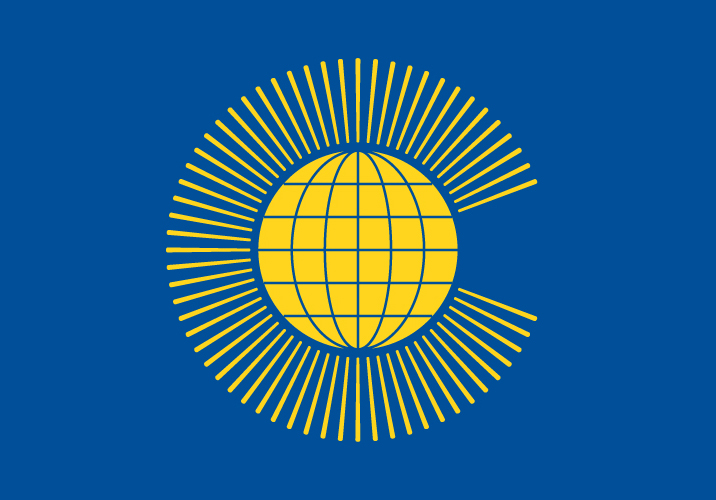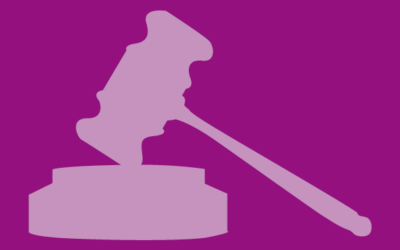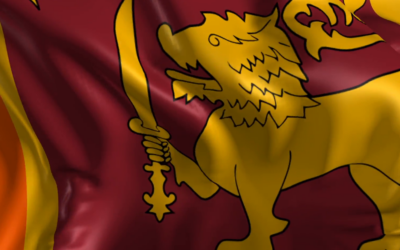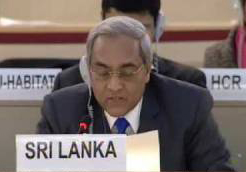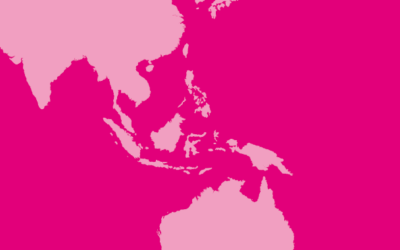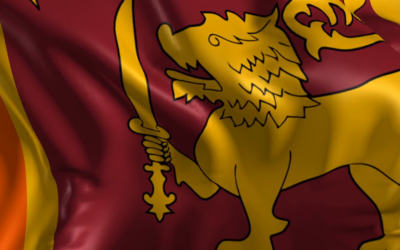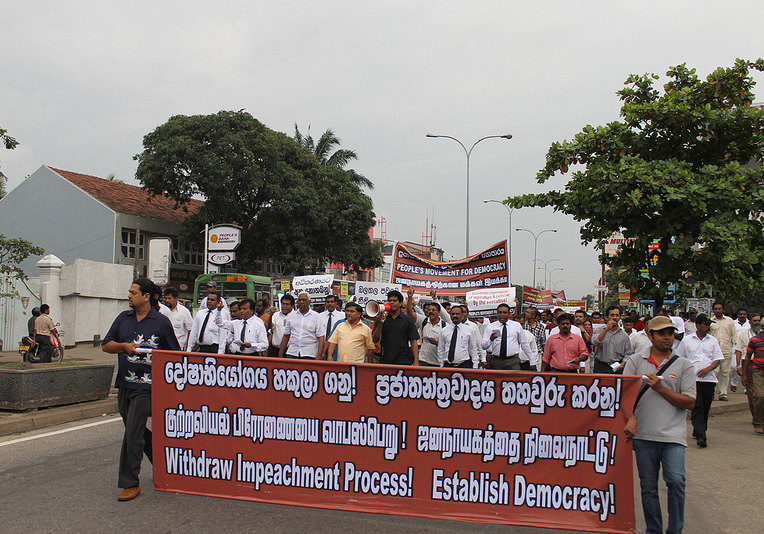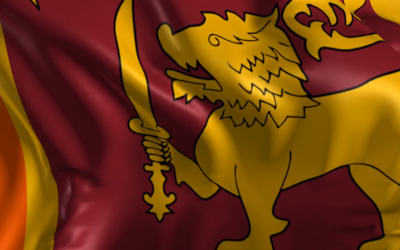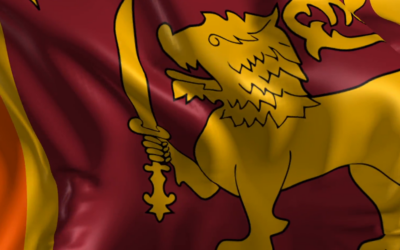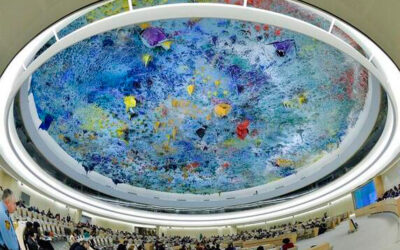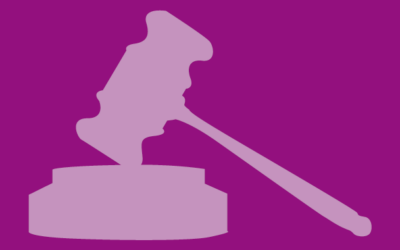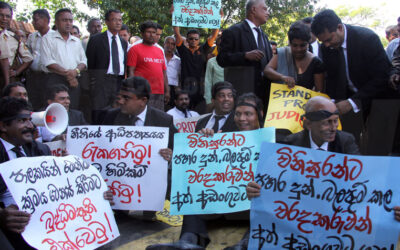Today, senior judges and eminent jurists from around the world joined together, calling on the Government of Sri Lanka to reinstate the legal Chief Justice Dr Shirani Bandaranayake.
An open letter issued by the Centre for the Independence of Judges and Lawyers of the International Commission of Jurists (ICJ) was sent to the Honorable Speaker of Parliament Chamal Rajapakse and H.E. President Mahinda Rajapakse, condemning the removal of Chief Justice Dr Shirani Bandaranayake as unconstitutional and in contravention of international standards on judicial independence.
The letter emphasized that an independent and impartial judiciary is essential for the protection of human rights, the rule of law, good governance and democracy.
It says: “The irremovability of judges is a main pillar of judicial independence. Judges may be removed only in the most exceptional cases involving serious misconduct or incapacity. And in such exceptional circumstances, any removal process must comport with international standards of due process and fair trial, including the right to an independent review of the decision.”
The impeachment process, and subsequent removal of the legal Chief Justice disregarded international standards of judicial independence and minimum guarantees of due process and fair trial.
“The Rajapakse Government has brought Sri Lanka on the path toward authoritarian rule, dismantling the system of checks and balances and eviscerating judicial independence,” said Wilder Tayler, ICJ Secretary General.
The Government’s conduct is a flagrant violation of the core values of the Commonwealth of Nations, notably the Latimer House Principles on the Three Branches of Government 2003.
The Latimer House Principles require the State to uphold the rule of law by protecting judicial independence and maintaining mutual respect and cooperation between Parliament and the Judiciary.
The Commonwealth Magistrates’ and Judges’ Association endorsed the letter.
In recent days, lawyers and advocates, opposing the impeachment have allegedly been sent threatening letters from a group identified as the Patriotic Taskforce.
The group has targeted the lawyers as traitors. Civil society groups have also been targeted in smear campaigns in the media. The Chief Justice has voiced concern for her and her family’s safety, calling on the international media to “…look after the three of us.”
“Sri Lanka must act immediately to guarantee the security of persons who have been the subject of threats or intimidation and must initiate prompt, thorough and impartial investigations into such allegations,” Tayler added.
The ICJ’s Centre for the Independence of Judges and Lawyers and the undersigned jurists urge H.E. President Mahinda Rajapakse and Speaker of Parliament Chamal Rajapakse to act immediately to restore the independence of the judiciary by reinstating the legal Chief justice Dr. Shirani Bandaranayake.
CONTACT:
Sam Zarifi, ICJ Asia-Pacific Regional Director, (Bangkok), t: +66(0) 807819002; sam.zarifi(at)icj.org
Sheila Varadan, ICJ Legal Advisor, South Asia Programme, (Bangkok), t: +66 857200723; sheila.varadan(at)icj.org
Sri Lanka-ICJ Open letter impeachment Chief Justice-openletters-2012 (full text in pdf)

